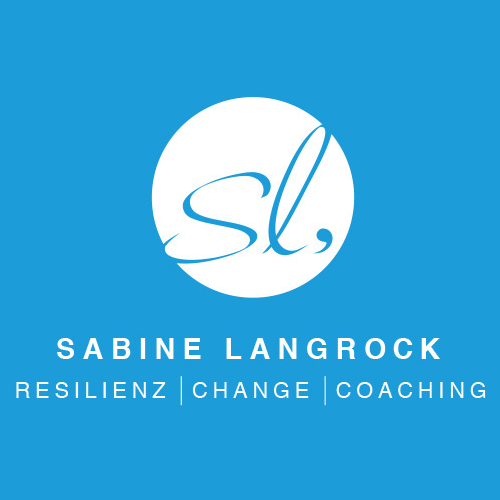The superpower of future-proof organizations
For a long time, #resilience was a bit like back training: you know it's important, but you usually only think about it when it already hurts.
Fortunately, that has changed. Resilience is increasingly becoming a focus, not only individually, but also in interaction: in leadership, in culture, in structures.
As an organizational developer, I am convinced that we need to create working environments in which resilience does not have to compensate for excessive demands, but rather enables development.
The Future of Jobs Report 2025
Perhaps you have also seen the World Economic Forum's Core Skills 2030 recently? Between analytical thinking and tech know-how, it goes without saying: resilience, flexibility, agility. And for good reason.
While automation and AI are fundamentally changing many things, one thing remains clear: the most sought-after skills of the future are deeply human.
Resilience is no longer understood merely as the ability to survive crises, but as a competence that creates orientation, promotes learning ability, and opens up new possibilities.
A navigation system for complexity
In their resilience research, Karen Reivich and Andrew Shatté describe four areas of application:
- Overcome: processing difficult experiences
- Steer through: navigating everyday stresses
- Bounce back: picking yourself up after setbacks
- Reach out: opening yourself up to new opportunities
“Steer through” and “Reach out” are particularly relevant for future-proof organizations. They help to move from reaction mode to conscious design. And they don't just come into play in a crisis, but wherever things become confusing, ambiguous, or challenging – in other words, quite often.
What does this mean for leadership?
Resilience is not a feel-good topic, but a key factor for future-proof organizations. In times when complexity is not the exception, but the norm.
And it is measurable: resilient organizations show better results. In numbers. In relationships. In their ability to learn.
Impulses for collective resilience
- Ask questions instead of giving answers. Open up space for different perspectives. Not to solve everything, but to understand together.
- Cultivate breaks. Not as a luxury, but as part of control. There should be a moment to reflect between stimulus and response.
- Show courage to be vague. Don't feel you have to provide direction and clarity immediately, but allow yourself to “not know” together sometimes.
- Think “both-and.” Don't see contradictions as obstacles, but as invitations to shape areas of tension together.
Resilience doesn't only show itself in a crisis, but in the many small moments in between.
What would change if you thought of resilience not only as an individual ability, but as a collective one?
#Leadership #OrganizationalDevelopment #FutureSkills #TeamResilience #Future

